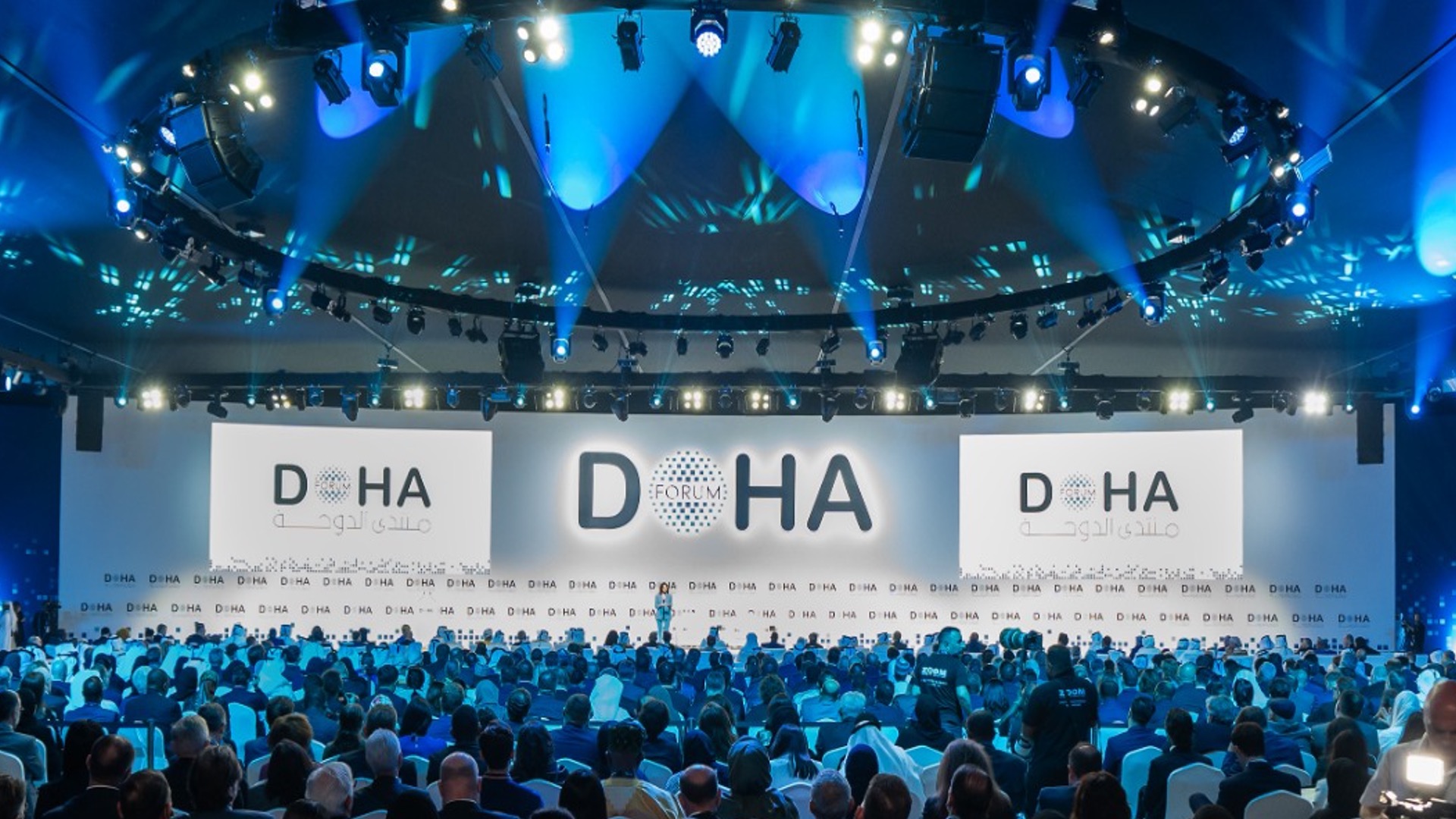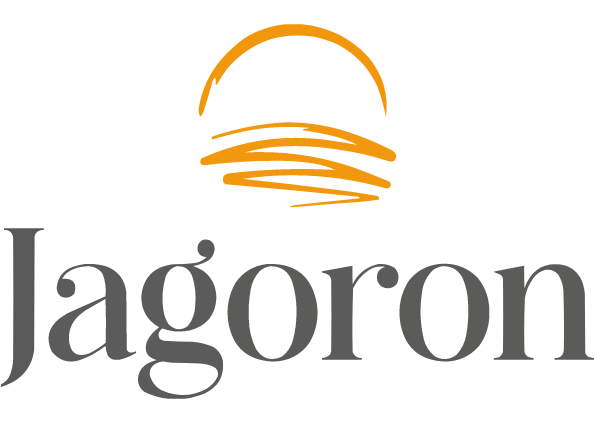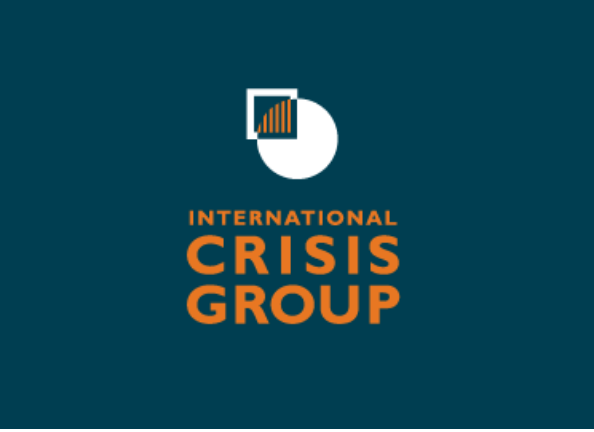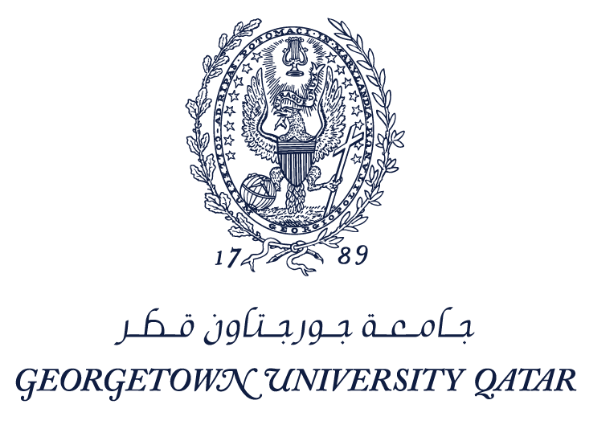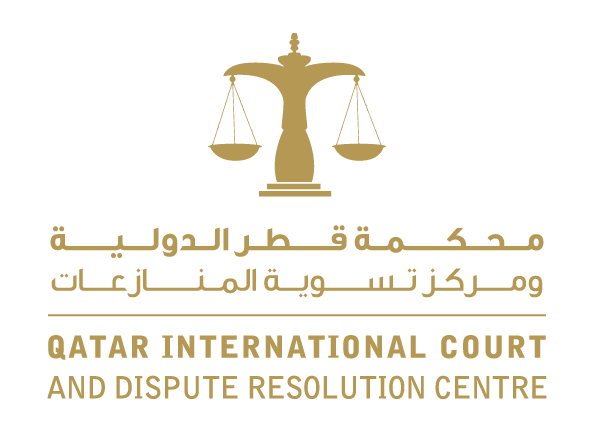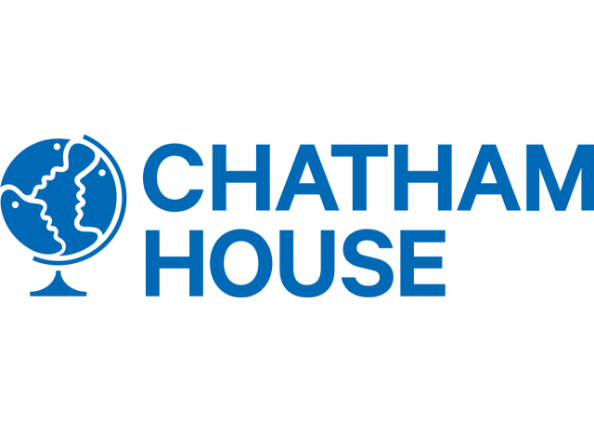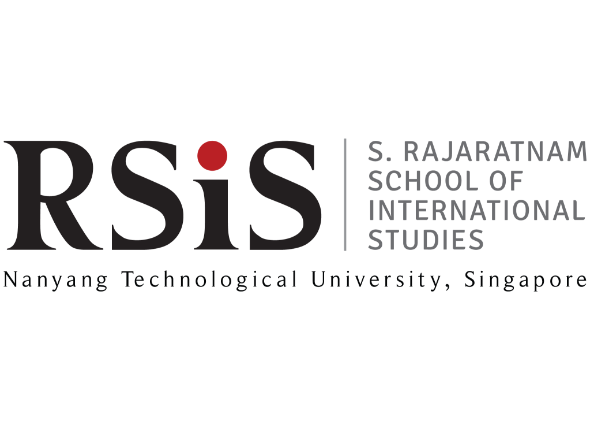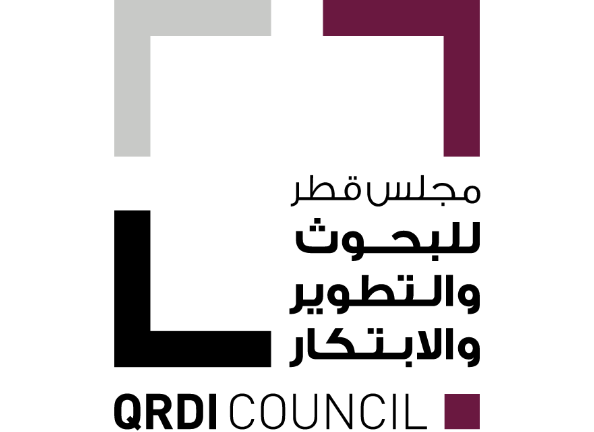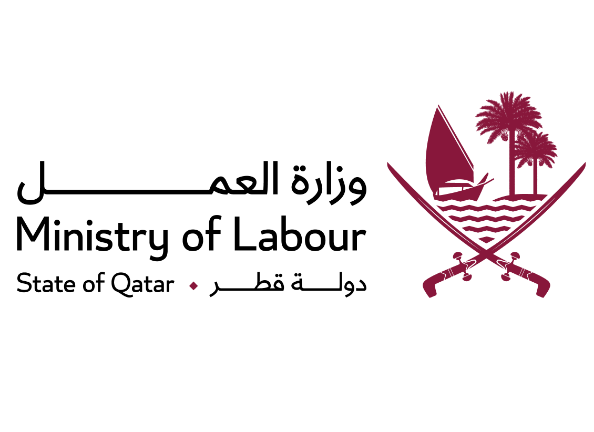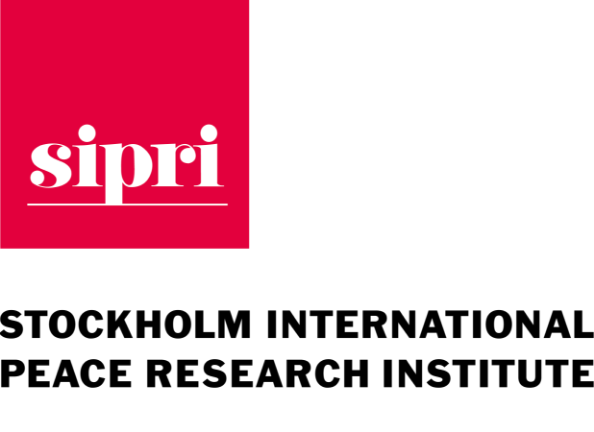Doha Forum 2024
Bangladesh at a Crossroads: Governance, Democratic Reform, and the Path Forward Post-Sheikh Hasina
Program Location: Salwa 2
Program Start: 08 December 2024, 12:30 - 13:15
After over a decade in power, Sheikh Hasina’s resignation, spurred by a wave of youth-led protests, marks a pivotal turning point for Bangladesh. The country’s young population, increasingly vocal and influential, played a critical role in shaping this outcome, signaling a new era of potential transformation for the nation. In this session, we will address how young activists, and future leaders can play a role in the political renewal of the country and shape its governance in the aftermath of a political era marked by strongman leadership. We will discuss the prospects for a political transition including democratic reform, the challenges of establishing an interim government, and the path toward a more inclusive political future. Panelists, including Bangladeshi activists, international lawyers, and political experts will discuss how Bangladesh can strengthen its democratic institutions while preventing political violence and authoritarian backsliding and ask how domestic actors and international partners can help guide Bangladesh towards a stable political future.
In partnership with: Jagoron Foundation
Towards Durable Peace in Sudan: Strategies for Turning a Ceasefire into Lasting Stability (invitation only)
Program Start: 08 December 2024, 13:15 - 15:15
This closed-door roundtable will focus on Sudan’s path to enduring peace, examining the critical steps required to transition from a ceasefire to a stable, long-term peace framework. While a comprehensive peace agreement remains the ultimate goal, the discussion will consider concrete suggestions for how to implement a ceasefire on the ground. Participants will explore how to integrate humanitarian aid, security guarantees, and economic support for reconstruction into a unified strategy that fosters sustainable stability. This session seeks to develop actionable ideas for a more secure and resilient Sudan, addressing both immediate needs and long-term goals.
In partnership with: International Crisis Group
In partnership with: International Crisis Group
Palestine: Building National Consensus and Charting a Political Future A Conversation with Dr. Mustafa Barghouti
Program Location: Salwa 1
Program Start: 08 December 2024, 13:30 - 14:15
This session examines the future of Palestinian politics with Dr. Mustafa Barghouti, a prominent leader and advocate for non-violent resistance. Dr. Barghouti will discuss pathways to national consensus, focusing on engaging key groups such as the diaspora and refugees, and identifying shared priorities for unity. The discussion will cover strategies for integrating civil society actors, empowering youth, and taking practical steps to strengthen cohesion and resilience. Drawing on lessons from global movements, the session will also explore the role of the Global South in building solidarity, the creation of effective intersectional alliances, and the transformative impact of these partnerships in advancing democratic governance under Occupation.
The session will be guided by Dr. Safwan Masri, Dean of Georgetown University in Qatar.
In partnership with: Georgetown University in Qatar
Evolving Jurisdictions of the International Criminal Court (ICC) and International Court of Justice (ICJ)
Program Location: Salwa 2
Program Start: 08 December 2024, 13:30 - 14:15
Aligning with UN Sustainable Development Goal 16, this panel will explore the crucial roles of the International Criminal Court (ICC) and the International Court of Justice (ICJ) in promoting the rule of law. Considering recent global conflicts in Sudan, Ukraine, and Palestine-Israel, the importance of these international judicial bodies has become increasingly evident. Panelists will discuss how the ICC and ICJ address complex legal issues arising from conflicts, uphold international law and contribute to global justice. The discussion will cover their distinct functions and jurisdictions, focusing on their responses to war crimes, territorial disputes, and breaches of international humanitarian law. Additionally, the panel will highlight how these courts navigate evolving legal standards and enforce international law amid geopolitical tensions.
This session will examine the ICC and ICJ's capabilities to engage with ongoing conflicts, considering legal frameworks, jurisdictional limitations, and the need for international cooperation. It will emphasize the importance of global participation in governance to maintain peace and security, protect human rights, and ensure accountability for international crimes.
In partnership with: Qatar International Court and Dispute Resolution Center
Accountability and the Axis of Resistance (invitation only)
Program Start: 08 December 2024, 13:30 - 15:00
Conflict dynamics in the Middle East have seen significant shifts over the last months. The ‘Axis of Resistance’ which includes Hezbollah in Lebanon, the Houthis in Yemen, Hamas in Palestine and groups in Syria and Iraq, together tied to Iran – have been collaborating in a transnational way. Their activities, interconnectivity and cooperation across borders is bearing out at the expense of economic and regional stability and populations’ security across the region. This closed-door session will examine the goals and motivations of these groups and assess what local, regional and international mechanisms can be used to promote accountability.
In partnership with: Chatham House
Newsmaker Interview: Philippe Lazzarini
Program Location: Al Dafna
Program Start: 08 December 2024, 13:30 - 13:50
US-China Dynamic and the Future of Collaborative Security in Regional Stability
Program Location: Al Rayyan
Program Start: 08 December 2024, 13:30 - 14:15
Regional security frameworks and their multilateral institutions are increasingly being tested by competition between the US and China. Divergent state interests have led to deadlocks that paralyze progress on pressing security issues such as climate change and emerging technology. In this international milieu, how can nations rejuvenate existing regional security architectures to ensure national interests?
In partnership with: S. Rajaratnam School of International Studies (RSIS)
In partnership with: S. Rajaratnam School of International Studies (RSIS)
Leveraging Science and Tech Innovations for Diplomacy
Program Location: Al Rayyan
Program Start: 08 December 2024, 14:30 - 15:15
Pressing global challenges like pandemics, climate change, food insecurity, and water scarcity, are magnifying the need for international cooperation. Too often though, advanced technology is protected as a national resource, sowing divisions and distrust and creating barriers to advancing work on global crises.
Innovation diplomacy offers a powerful tool by leveraging advancements in scientific research and technological development to promote dialogue, collaboration, and problem-solving between nations. As seen during the COVID-19 pandemic, accelerated collaboration between regulators, scientists, and industries across borders opened new avenues for international cooperation.
This panel will ask how we can reframe thinking around advancements in technology and what is needed to put innovation diplomacy into practice. Experts from industry, government and science will weigh in on the potential avenues for cooperation as well as the roles non-state actors can play.
In partnership with: Qatar Research Development and Innovation Council
The Future of Work Is Upon Us. Who’s Ready?
Program Location: Salwa 3
Program Start: 08 December 2024, 14:30 - 15:15
Around the world, rapid technological advancements are reshaping work, creating new opportunities while presenting significant challenges. This session, hosted in partnership with the International Labour Organization, will explore how these innovations can enhance productivity and working conditions while raising vital questions about labor market disruptions and evolving skill requirements. By addressing issues like lifelong learning, inclusive labor policies, and transparent HR strategies, participants will delve into the pathways for achieving a just digital transition. The discussion will also cover how technology can bridge skill gaps, support fair workforce strategies, and unlock new forms of work.
In partnership with: Ministry of Labour
The Crisis in Arms Control and Multilateralism
Program Location: Salwa 1
Program Start: 08 December 2024, 14:30 - 15:15
We are facing the most dangerous period since World War II, with great power relations strained and growing challenges like humanitarian crises, inequality, and violations of international norms. The ongoing war in Ukraine has caused immense devastation while undermining global safeguards on the use of advanced weaponry, sparking fears of escalation to nuclear or other high-tech arms. Simultaneously, increasing missile strikes and heightened tensions in the Middle East, particularly between Israel and Iran, emphasize the growing risks of regional arms proliferation
Meanwhile, the multilateral system is faltering as the post-Cold War order gives way to a multipolar world, driven by China's rise, Russia's grievances, and shifting political dynamics. Critical arms control frameworks, like the INF Treaty and New START, have deteriorated, increasing the risk of an unchecked arms race. Even established treaties like the ATT and NPT are under pressure, facing implementation challenges and declining legitimacy. With rising distrust and unilateral actions, the global order is at risk of greater instability. This session will explore practical solutions for arms control and cooperation, addressing the urgent need to build new guardrails for a changing geopolitical landscape. Panelists from diverse countries and expertise will discuss how to navigate this complex environment and identify pathways for meaningful agreements to prevent conflict and ensure global security.
In partnership with: Stockholm International Peace Research Institute
